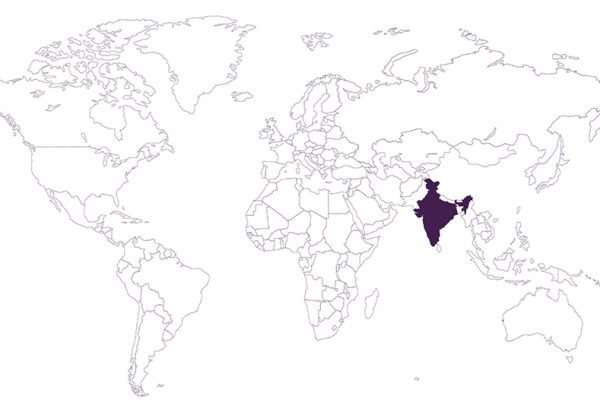India is home to the world’s largest millennial workforce, and they hold the power of shaping the future of India Inc.
When we talk to industry leaders about challenges they clearly outline that current challenges are not just about Industry 4.0. It is about the combined effect of advent of Industry 4.0 and the state of millennials in India.
India is home to the world’s largest millennial workforce. At 47% of India’s workforce, millennials hold the power of impacting the future of India Inc. Therefore, millennials matter to India’s manufacturing sector.
The key factors which weigh in for India’s manufacturing sector include:
- Millennials are the biggest segment of the workforce now and for the future
- Millennials have a choice
- Millennials do not seem to be ready for Industry 4.0
- This year’s survey shows a dramatic, negative shift in millennials’ feelings about businesses’ excessive focus on financial outcomes and ethics.
PERCEPTIONS OF BUSINESS ARE HEADING SOUTH
The findings this year point to rising disillusionment of millennials with excessive corporate focus on financial outcomes and weakening ethics. There continues to be a stark mismatch between what millennials believe responsible businesses should achieve and what they perceive businesses’ actual priorities to be. This is where corporate purpose really comes into play.
DIVERSITY AND FLEXIBILITY ARE KEY TO LOYALTY
Many millennials in emerging markets like India are seen being favourably disposed towards gigs rather than full time employment. Many view the gig economy as an attractive alternative or adjunct to their jobs. And where is a gig more prevalent? Service sector. In India, manufacturing is not maturing fast enough to embrace the gig economy.
YOUNG WORKERS FEEL UNPREPARED FOR INDUSTRY 4.0
Millennials are seen lacking confidence that they can succeed in an Industry 4.0 environment and are looking to businesses to help them develop the necessary skills, including the soft skills, which they believe will be more important as jobs evolve. Couple this with the already bleak picture of the not-so-ready workforce we churn out from our schools in India and the level of confidence dips even further.
It is time for Indian manufacturing to consider addressing these challenges.
The solution possibly lies in changing how the manufacturing sector engages with millennials.
- Build a clear purpose which is focused on creating a positive impact on the individual, the society and the planet — ‘Responsible Manufacturing’ is expected to emerge as a clear differentiator for Indian manufacturing organisations. Not only for employees but for customers as well. We should not forget that millennials are the biggest customer pool as well. They are better off economically too than the previous generation.
- Indian Manufacturing should take a leaf out of the German apprenticeship model and build gigs around that — manufacturing has the potential advantage of tapping into the talent pool early and build a workforce fit for purpose. This could be done through ‘apprenticeship gigs’ that take in youngsters the moment they get out of high school. This is likely to gain traction as it solves two problems for both the industry and the millennial generation: n Build skills early on to reduce the misalignment with industry requirements; and n Reduce uncertainty of employability given the state of our education system.
- Invest in skilling for Industry 4.0 — Industry 4.0 is not just about technology. It is more about productivity leveraged through technology. While manufacturing embraces IoT, AI and digital it is important to use these to make millennials more fit for the workforce. It is interesting to see how quickly digital is adopted by even blue collared workers when it is put on mobile devices. Using Industry 4.0 to make skilling a breeze is the big leap manufacturing can explore further. While the services sector may continue to need its workforce to be tuned into the softer skills, manufacturing sector could make onboarding unskilled workers into jobs as simple as wearing ‘smart visors’. Surrounded by sensors, realtime feedback and an intelligent embedded guide, the future of manufacturing workforce holds a lot of promise.
In conclusion it is important for India’s manufacturing sector to address the combined challenge of Industry 4.0 and a predominant millennial workforce and convert it into an unprecedented opportunity. It is doable and requires relentless execution focus.










